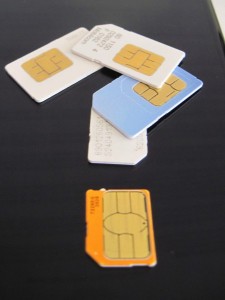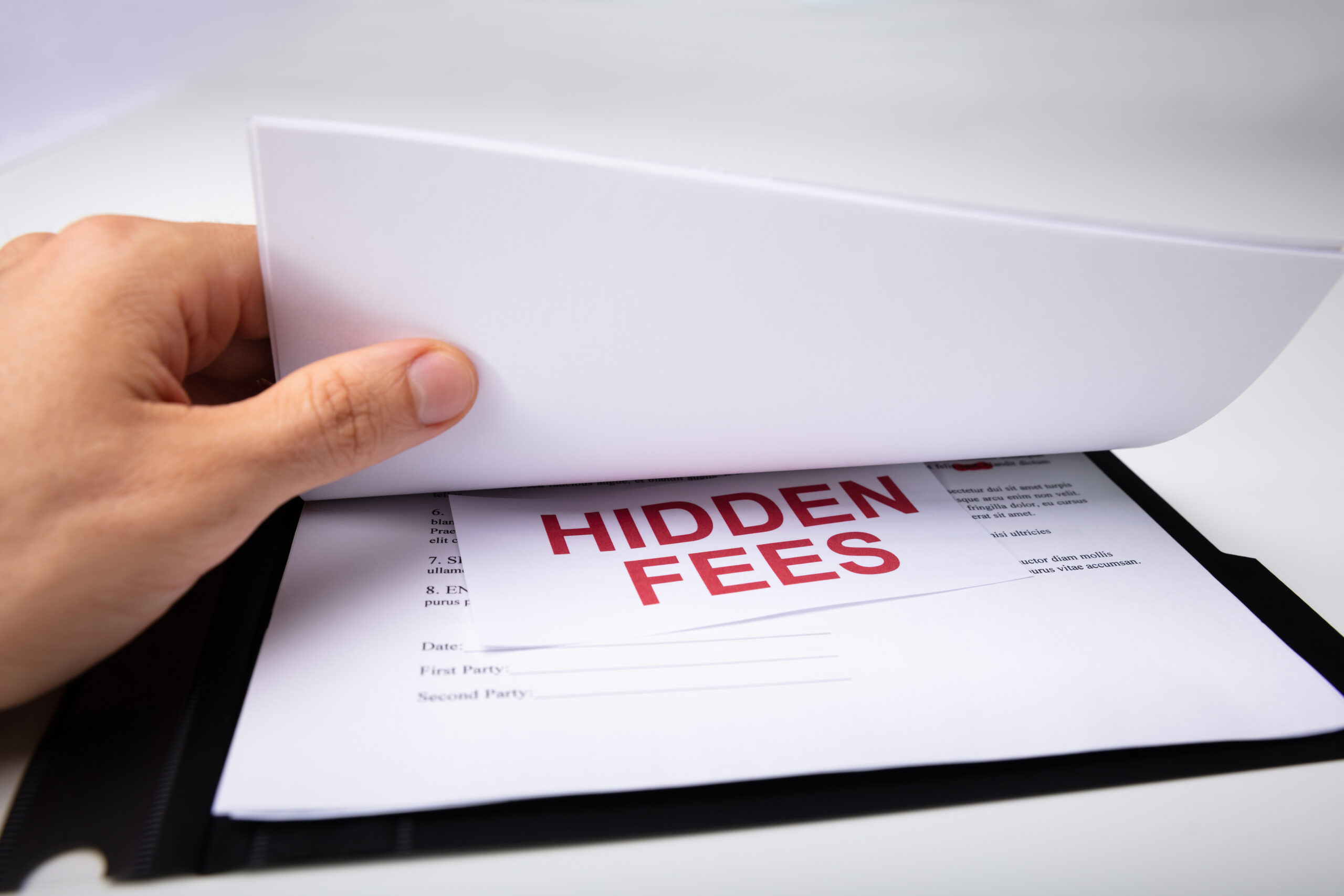Unlock And Load: White House Picks Phone Policy Fight
 The White House surprised a lot of people with its response Monday to an online petition asking for the decriminalization of phone unlocking–not least the authors of that petition.
The White House surprised a lot of people with its response Monday to an online petition asking for the decriminalization of phone unlocking–not least the authors of that petition.
Sina Khanifar, an entrepreneur who had received a cease-and-desist letter from Motorola’s lawyers for running a business unlocking phones, and Derek Khanna, a D.C. policy type sacked in December by the Republican Study Committee for writing a copyright policy brief it didn’t like, only wanted to see the administration reverse a ruling by the Librarian of Congress that re-criminalized unlocking new wireless phones.
Getting 100,000-plus signatures on the petition (disclosure: my own included), the minimum needed to qualify for an official response, was not guaranteed. Actually getting a reply wasn’t a given either.
But the Obama administration, in the person of policy advisor R. David Edelman, took two steps further. The White House agreed that “consumers should be able to unlock their cell phones without risking criminal or other penalties,” he wrote, adding that the same freedom should cover tablets–a type of device unmentioned in the petition.
Edelman then wrote that carriers shouldn’t treat your unlocked phone like an undocumented immigrant, denying it service because of its origins: “And if you have paid for your mobile device, and aren’t bound by a service agreement or other obligation, you should be able to use it on another network.”
Let’s tackle unlocking first–one of the most obnoxious peculiarities of the U.S. wireless market. Electronically disabling a GSM phone’s ability to accept a new operator’s SIM card handcuffs users to steep roaming rates overseas and stops them from taking their domestic business elsewhere. T-Mobile will take off those cuffs once you’re 40 days into a contract, but its much larger competitor AT&T requires that you first conclude your service agreement, usually a two-year term.
(Carriers say locks allow them to to recover the subsidy they provide to lower the phone’s retail price–another way the U.S. market diverges from others–but early-termination fees should already ensure they recoup that.)
In 2006 and then in a more narrow form in 2010, the Librarian of Congress had recognized those realities in granting an exemption from the Digital Millennium Copyright Act’s “anti-circumvention” provisions to users who defeated phone locks.
But on the next go-round–having to re-litigate even common-sense exemptions is one of the DMCA’s loonier aspects–this ruling was scaled back to focus on “legacy” phones out of contract and requires you to give wireless carriers “a reasonable period of time” to address your unlocking request before you employ your own workarounds. The current text, narrowly read, also bars commercial unlocking services.
Why change? The logic here is that you can always go buy a different unlocked phone–even if it’s more expensive and worse than the one you already paid for. Good luck finding a used one on eBay: The auction site responded to the shift by banning the sale of unlocked phones that had not been liberated by their manufacturers or had been unlocked after Jan. 26.
If you read through the White House response, it’s not clear that the administration wants to legalize unlocking as widely as Khanifar and Khanna would like. That post doesn’t commit the executive branch to refrain from prosecuting phone unlockers and acknowledges that “a service agreement or other obligation” could limit your unlocking rights.
Said Khanna in a phone call Tuesday afternoon: “The existing business model, there’s no reason why that wouldn’t persist through contract law.”
Edelman’s second major recommendation, however, hints at something bigger.
In wired communication, the ability to plug in the device of your choice–phone, answering machine, modem, whatever–has been a default setting for over 40 years. For decades before then, it was not: The Bell System controlled what you could connect to your line and leveraged its regulatory capture of the Federal Communications Commission to keep other devices off the market.
(For a great recap of Ma Bell’s battle to block a phone-privacy add-on called the Hush-A-Phone, see chapter 7 of Tim Wu’s The Master Switch.)
The FCC waited until 1968 to end this practice, when it ruled that a device called the Carterfone that bridged wired phone calls and mobile-radio telephones was legal–and that, further, AT&T could no longer restrict the use of devices that would not harm its network.
The lack of a rule like that for devices that use the public airwaves allows, for example, Verizon to reject otherwise compatible Sprint phones. Even after imposing limited “open access” requirements in 2007 on a chunk of the spectrum freed up by by the digital-TV transition, a year later the FCC declined to accept that Carterfone’s logic would mandate open access for smartphone apps.
That doesn’t mean that wireless Carterfone will happen soon. The FCC, already hesitant in its exercise of regulatory authority, hasn’t committed to anything more than “examining this issue.” Rep. Jason Chaffetz (R.-Utah) tweeted that he was working on legislation to legalize unlocking, calling it “a freedom issue,” but he and his office haven’t addressed wireless Carterfone. Sen. Amy Klobuchar (D.-Minn.) only mentioned phone unlocking in her statement, and the text of legislation announced Tuesday by Sen. Ron Wyden (D.-Ore.) explicitly maintains the right of network operators to authorize access to unlocked devices.
Sen. Pat Leahy (D.-Vt.) came closest to backing wireless Carterfone, saying in a statement that “consumers should have the flexibility to use their devices on any network they choose, provided they comply with the terms of service.”
Plus, even if you merely got a law legalizing phone unlocking out of our remarkably unproductive legislature, spectrum fragmentation between carriers would keep many phones that speak the same LTE language from running on more than one or two networks, with CDMA and GSM remaining incompatible at a much more basic level.
But shifts of this magnitude–like, say, abolishing “digital rights management” restrictions on music downloads–don’t happen instantly. Not every company wants to chance change; even the people who would benefit from it may not all recognize what they stand to gain. It still means a lot when a major figure in the conversation stands up and says “things don’t have to work like this.”








